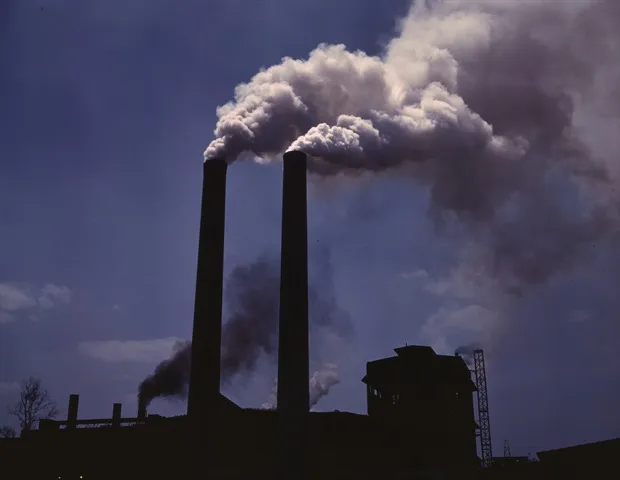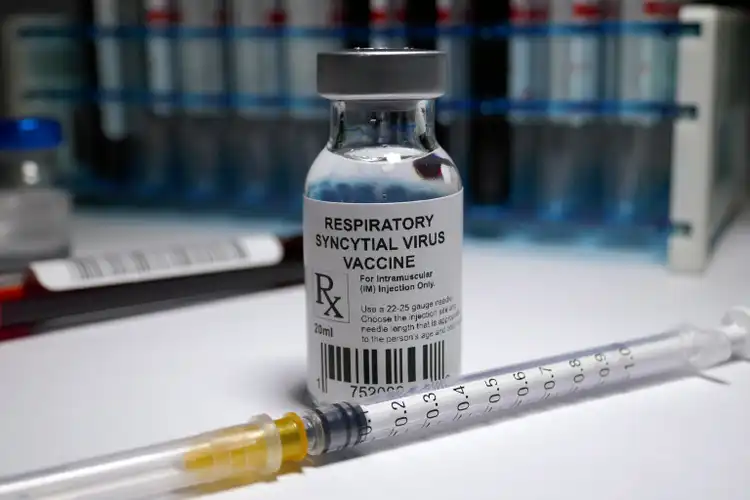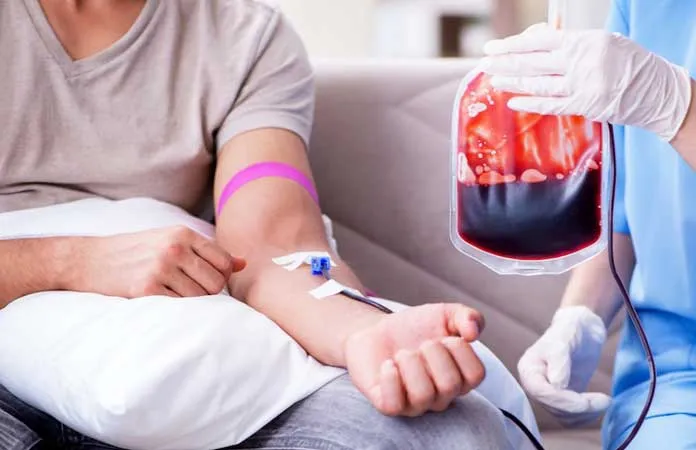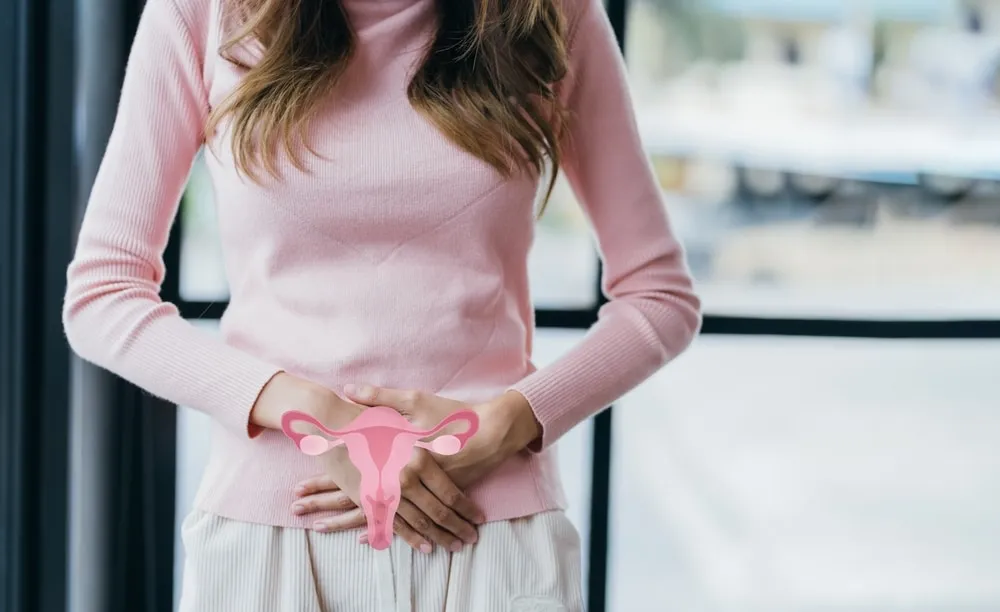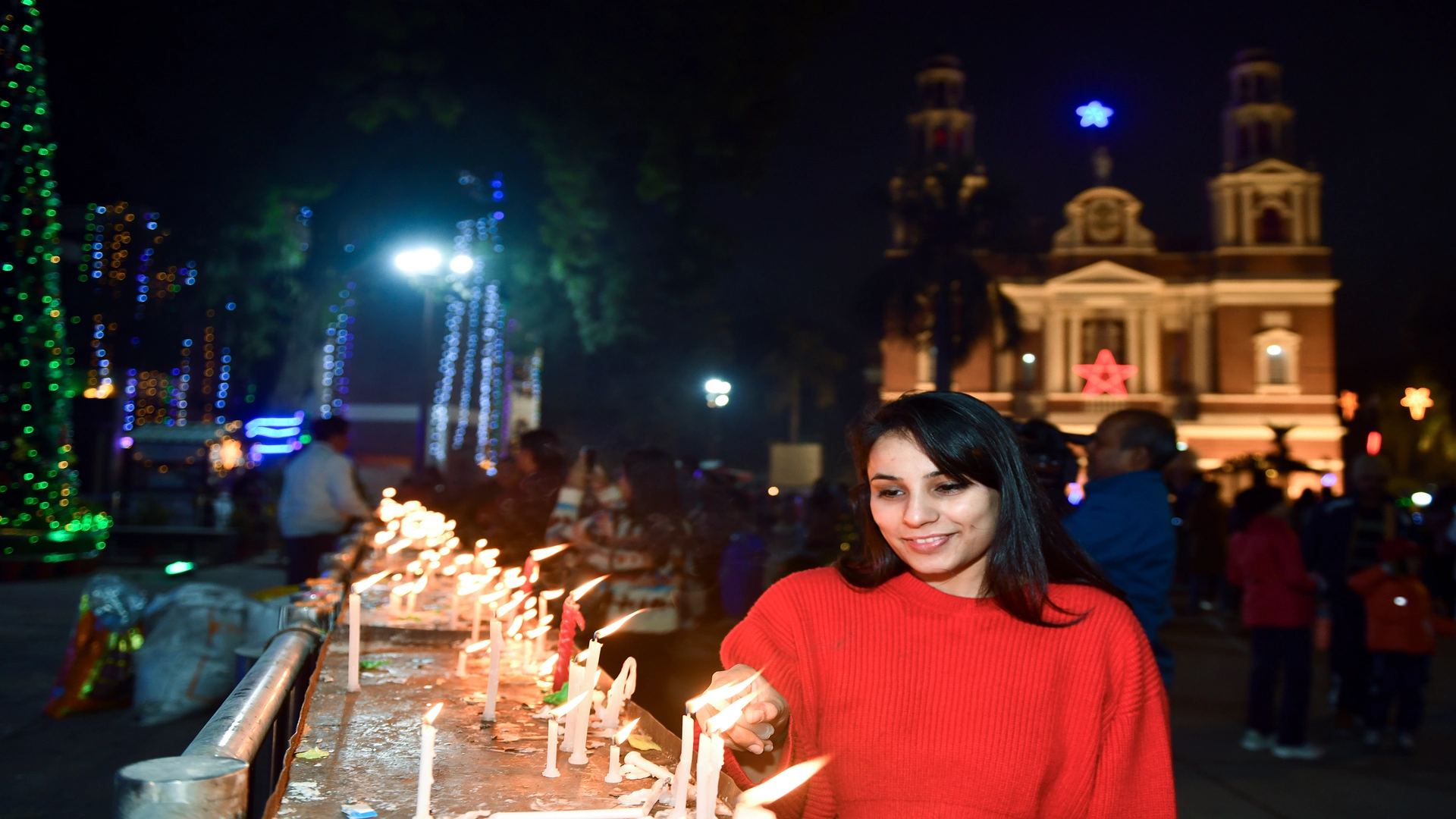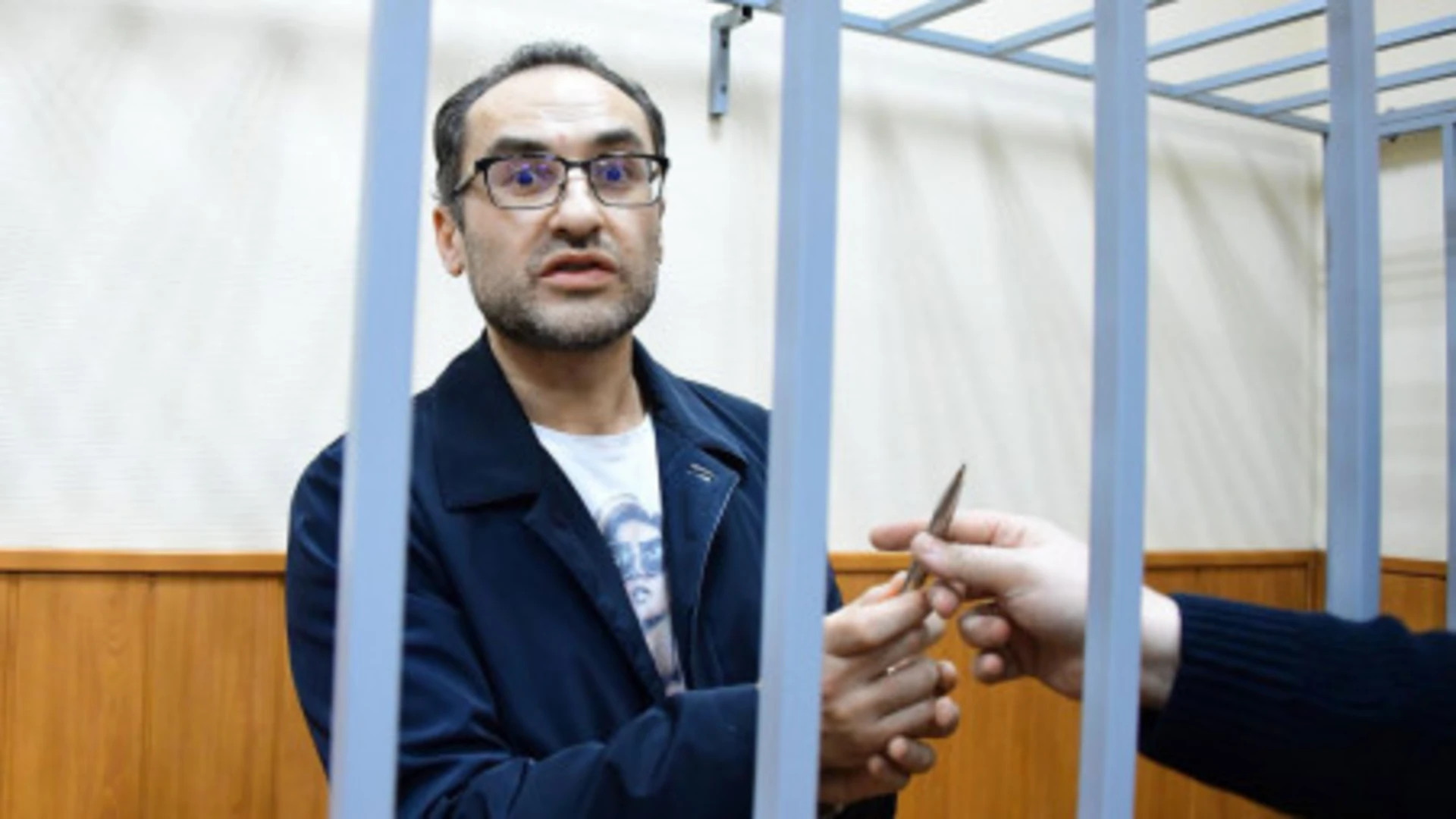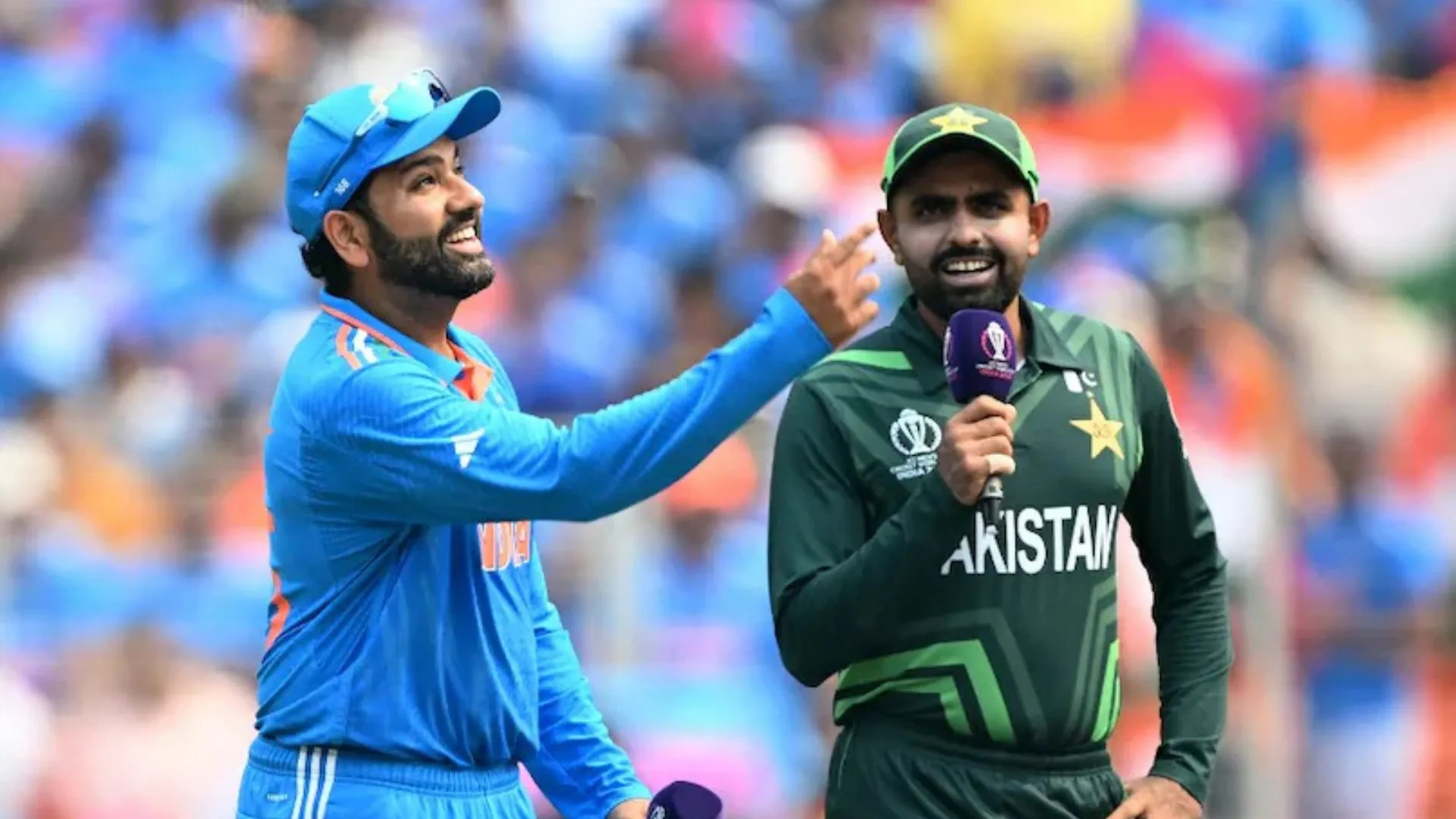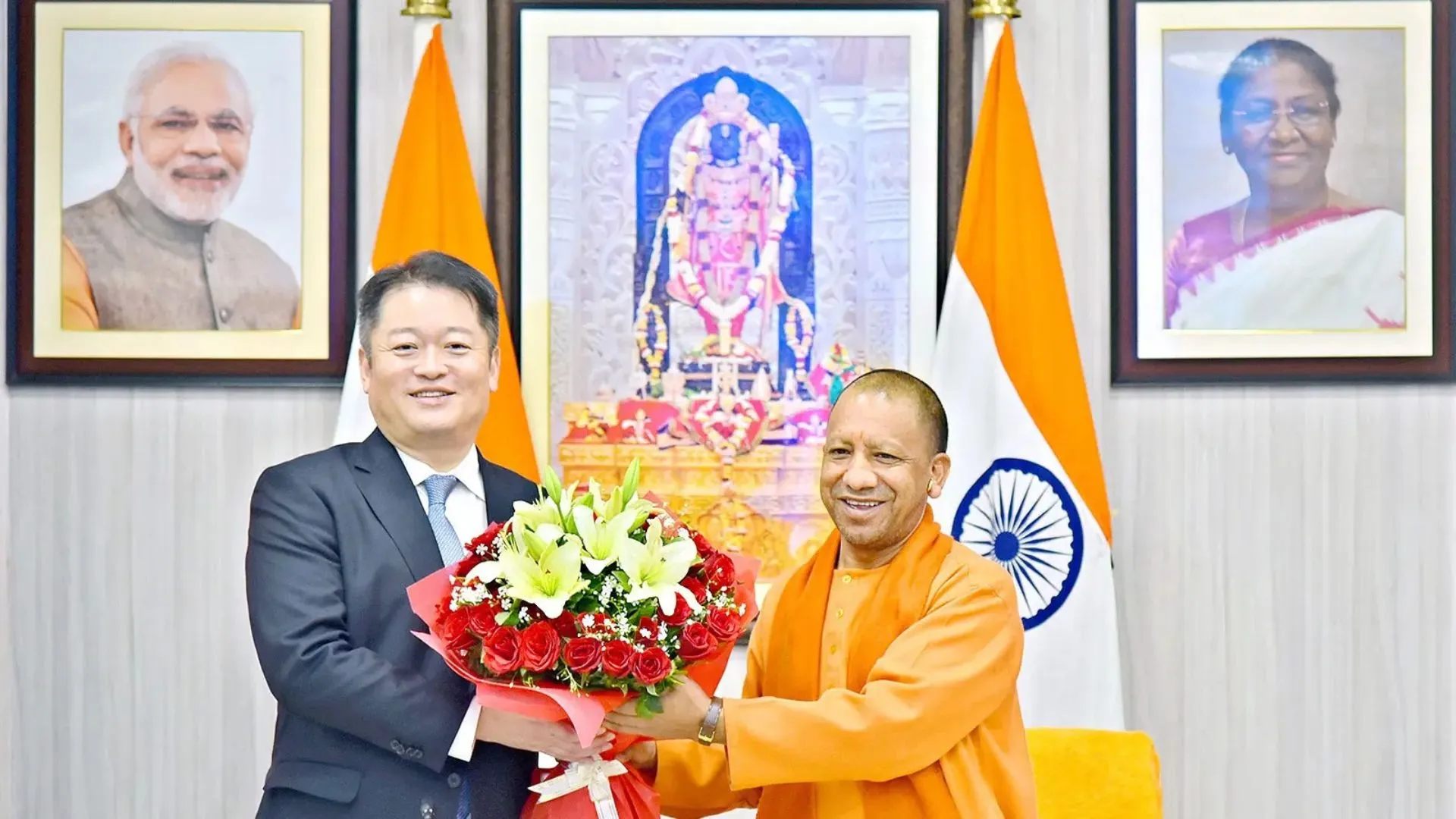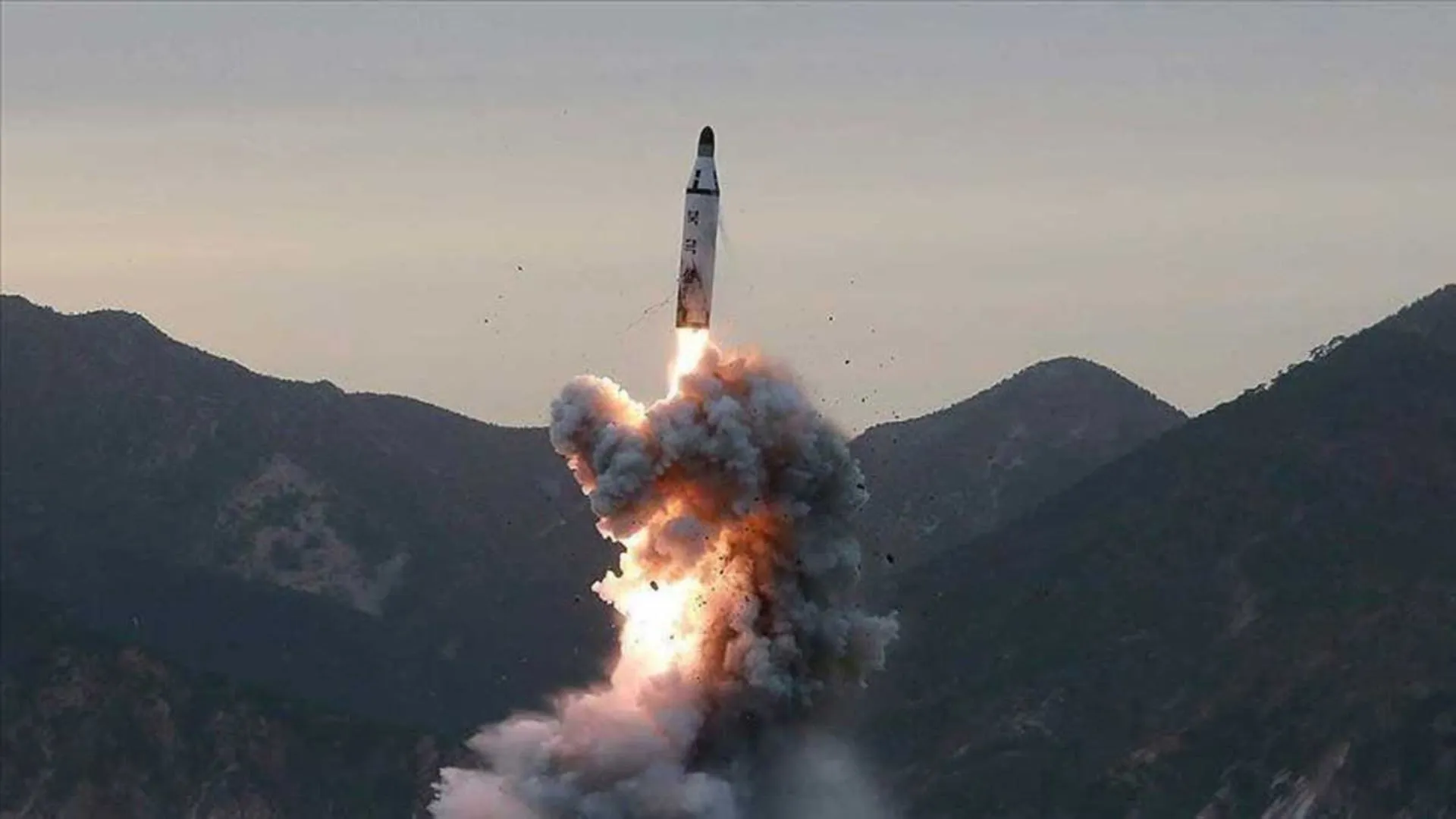A few weeks ago, B Medical Systems, a global player in the vaccine cold chain industry, announced a partnership with Dr. Reddy’s Laboratories for the pan India rollout of Sputnik V vaccines.
B Medical Systems will be offering their vaccine freezers, which can store vaccines at temperatures as low as -25°C. To address the immediate needs, these units were delivered by air freight from Luxembourg.
According to Jesal Doshi, Deputy CEO of B Medical Systems, it is tough to alter people’s minds about vaccine efficacy while kept in an ice box or a local refrigerator. Mr. Doshi claims that various vaccinations require different temperatures and that if they are not provided the appropriate temperatures, they would lose their efficacy.
Mr. Doshi claims that Pfizer is a very effective vaccine with a logistic cost of less than a rupee, and that the Indian government’s failure to get the vaccine into the nation is a source of significant concern.
Here are a few excerpts from the discussion with Mr. Doshi:
You have recently tied up with Dr Reddy’s lab for pan-India rollout of Sputnik V. Tell us more about that? Tell us about the work B Medical has done to help with the rollout of Covid 19 vaccines?
Jesal Doshi: For more than 40 years, B Medical Systems has been the world’s oldest and biggest firm dedicated only to the cold chain of vaccinations providing safe transportation for vaccines, pharmaceuticals and blood. We are a company based in Luxembourg, Europe, and we have been operating there until early this year, when we were invited to start manufacturing in India by Prime Minister Narendra Modi. We built up our own manufacturing plant in India after receiving that invitation in a record-span of four months. This is the first time we’ve manufactured outside of Luxembourg, and I’m quite proud of the fact that we chose India to do so.
Coming to the pact with Dr. Reddy’s, nearly every vaccination is temperature sensitive and may lose its potency if not kept at the proper temperature. Sputnik requires a temperature of -18 degrees Celsius for storage, whereas other vaccinations require a temperature of 2-8 degrees Celsius. Pfizer, on the other hand, requires storage at -60°C or lower, making it difficult to retain these vaccines at a proper temperature under such harsh circumstances, which is where we come in. We ensure that any vaccine, at any temperature under any condition is maintained correctly and hence assuring that the recipient receives the rightly stored and transported vaccine.
There are many areas where the terrain may be hostile, electric supply may be erratic – How do you manage in such areas?
Jesal Doshi: There are two different challenges, one being the terrain and the other one being very peculiar to the nation, i.e., “Thanda Hai To Chalta Hai” wherein people use iceboxes and cold-drink refrigerators for storing vaccines that require a temperature of 2-8 degree Celsius, rendering them totally useless.
Second, our firm employs equipment that operates on a wide range of power sources. For example, we have equipment that can run entirely on solar energy, a DC battery, kerosene, or regular power. Using any of these power sources, they can all sustain temperatures ranging from -18 to 25 degrees. We operate and maintain the whole cold chain supply in extremely remote locations such as Afghanistan and Congo.
We already have immunisation programmes in India but here we are talking about vaccinating the entire adult population is this country – do you think we have the cold chain support to do that?
Jesal Doshi: India has administered more or less about 40 crore people and believe it or not, it was the easy part of the journey because now we will face issues reaching people in the most difficult locations. If you look at the figures, you will notice that majority of the population in the rural areas haven’t received vaccines yet.
We are providing solutions to the central as well as the state government and working with Dr. Reddy’s for the Sputnik. We are ensuring that vaccines reach the remotest areas so that every individual is vaccinated.
For the benefit of your views help us understand the importance of a reliable cold chain system in these times?
Jesal Doshi: I think even if you have the best vaccine in the world, it will not work without an appropriate cold chain. Vaccines can decompose if not dealt with the right temperature. Most nations immunise all of their children, but after decades of mass immunisation, we have yet to reach a 100% vaccination rate, with the main issue being a lack of effective cold chain.
In India, there is an absence of an appropriate cold chain to take charge of the Sputnik vaccine. This is also the reason why Pfizer has not been introduced in the country. Till now, we have introduced Pfizer in more than 25 countries around the world including Africa.
Is India ready or will be prepared to bring Pfizer into the country considering the high efficacy of the vaccine?
Jesal Doshi: It is a misconception that storing and transporting Pfizer needs huge investment. When you look at the challenges around the vaccine shortages, it is very affordable to bring vaccines like Pfizer into the country, transportation of which costs not more than a rupee.
How can India improve its current cold chain system?
Jesal Doshi: In such cases, increasing vaccination availability might be a viable option. You must adhere to a regimen and ensure that there are no negative repercussions. Pfizer, for example, is widely disseminated around the world because to its effectiveness and lack of reported adverse effects. The vaccination is still not available in the country, which is a source of great disappointment for me.
Take us through the challenges you faced during this drive bad the lessons learnt from it.
Jesal Doshi: It is a matter of great pride for India to be regarded as the world’s vaccine capital, but the issue today is to maintain and supervise the safe storage and transportation of vaccines. Real-time monitoring is provided, allowing you to follow the availability of vaccinations throughout the world and ensure that each one is properly maintained. You can help save lives by maintaining a proper cold chain.
Mr. Doshi’s advise on the necessity for improvements in health infrastructure and vaccine availability during this epidemic, in which many people are dying, is extremely important.



